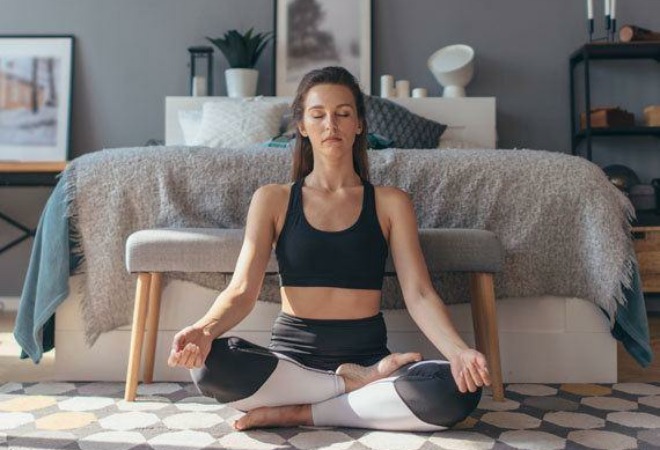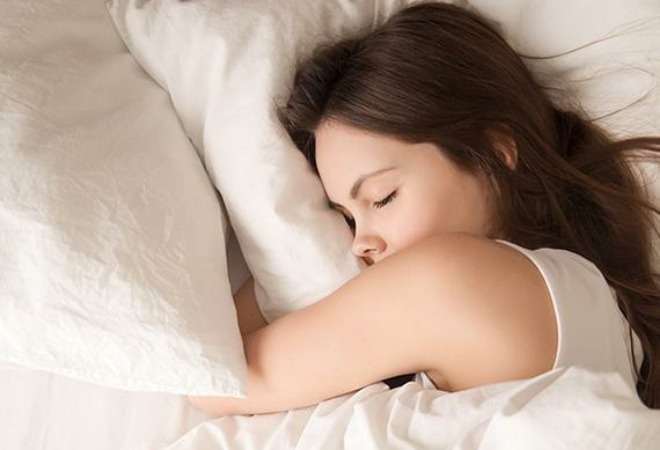For some, and on occasion, it can be hard to get to sleep. So, we spoke to Sleep and Insomnia Specialist, Dr Tony Fernando, to understand his thoughts and get some useful tips on how to fall asleep fast and how to enhance your sleep quality.
Falling asleep fast is not always as simple as it sounds. Some people might say that going to bed earlier will help you fall asleep faster Often, this does not work if you already have sleep issues. Going to bed earlier with the hope of falling asleep faster could deteriorate your sleep as your brain still wants to be awake.
HOW QUICKLY SHOULD YOU FALL ASLEEP?
How soon should you fall asleep after you turn off the lights and hit the pillow? While there is no magic number, it is worth considering waiting for up to 20 minutes to fall asleep is acceptable.
If you are waiting for an hour or more, then there may be something going on as to why you are not falling asleep. Common reasons are: stress, anxiety, or an overthinking mind. Another, often missed explanation, is a body clock variation called ‘Delayed Sleep Phase’. Some people have body clocks like owls. If you have this tendency, you are biologically wired to sleep and wake up later than an average person.
Falling asleep easily involves three components: calm mind state, comfortable body, and the right timing.

TIPS FOR GETTING TO SLEEP QUICKLY
CALM MIND STATE
A calm mind state is crucial for falling asleep fast and good quality sleep. Sleep onset is easier if the mind is not busy, not worrying, or overthinking. Our mind is normally busy during the day, but we need to give it a rest in the evening. To ensure your mind is not overly active when you are ready for sleep, if possible, avoid work-related activities after dinner, especially work that involves screens like laptops, computers, or phones.
If one tends to worry or overthink, having set evening routines, like having a warm bath, making a soothing tea, putting on sleep clothes, prayer, mild stretches or writing in a gratitude diary, can shift the mind from work/thinking mode to sleep/relaxation mode.
If worries about things that need to be done the following day are keeping you from falling asleep, writing down a to-do list can be reassuring. Keep this beside your bed.
If you find your mind is awake after going to bed – listening to podcasts, soothing sounds or music is better than worrying about not sleeping. Getting out of bed, doing something relaxing and not stimulating can also be helpful.
One of the best ways to calm the mind at night (and the day) is mindfulness meditation. There are lots of apps available now like Headspace, CALM and Insight Timer which have sleep meditation programmes. You may also find attending courses or mindfulness retreats and having a teacher or mindfulness coach helpful.
Using devices that emit blue light at night is notorious for making it difficult to fall asleep . Apart from blue light, scrolling or interacting with the device, alerts and wakes up the brain, which can then delay sleep onset. Put away devices at least an hour or two before bedtime if you want to fall asleep faster.
One common cause for not falling asleep is worrying about sleep. Common worries about sleep include what sleep will be like and what will happen the following day if one does not sleep. Worrying about sleep makes sense if one has problems with sleep, as the mind tries to problem solve the issue. However, the effect of worrying is that the mind becomes more awake.
Problem solving one’s sleep issues at night threatens the brain which results in alertness. For many, worrying about sleep has become a habit that can make it difficult to fall asleep at all . Again, mindfulness techniques to train the mind to worry less about sleep can be helpful. Also, a recently published New Zealand book, ‘Sleep Easy’ by Bernice Tuffery offers practical techniques on managing a mind that worries about sleep.
Make sure to avoid substances like caffeine, energy drinks, nicotine and even alcohol as they can overstimulate the mind.
COMFORTABLE BODY
A comfortable body is important for falling asleep. Make sure that you have a quality bed that provides comfort and support to help your body relax and more easily fall into sleep. Finding the right pillow and selecting the right linencan make your sleep experience more pleasant and also sleep inducing. A dark room with minimal noise can also help you fall asleep faster. Physical conditions like pain, reflux, or restless legs, need to be discussed with your doctor, as this can impact on the quality of your sleep.
RIGHT TIMING
Lastly, right timing is crucial for sleep onset. Our optimal timing of sleep depends on our body clock and sleep pressure. Even though many adults can fall asleep between 10-11 PM, a fair percentage cannot. Some, with delayed body clocks, will naturally feel sleepy after midnight and wake up later during the morning. We have a window for sleep that we do not have full control over. If one goes to bed earlier, eg, 8 PM just because you want to get up early the following day, say because of an early appointment, most probably will not be able to fall asleep. Your mind is still typically awake at 8 PM and falling asleep will not happen just because you want to.
The time it takes to fall asleep depends on what time we woke up in the morning. The longer the gap between one’s waking time and bedtime, the higher the pressure or drive to sleep. So, if you want to go to bed and sleep faster, you might want to consider getting out of bed earlier in the morning.
Remember, a calm mind state, comfortable body, and right timing, altogether can make falling asleep easier.




